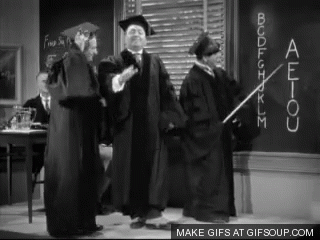The story, which was anonymously sourced, alleged that members of Trump’s campaign team communicated with Russian agents at around the same time that hackers published personal emails stolen from Democratic National Committee staffers and Hillary Clinton’s campaign chairman, John Podesta.
However, Comey flatly disputed all of that.
“That report by the New York Times was not true. Is that a fair statement?” Sen. Jim Risch, R-Idaho, asked.
“In the main, it was not true,” Comey replied. “The challenge, and I’m not picking on reporters, about writing on classified information is: The people talking about it often don’t really know what’s going on, and those of us who actually know what’s going on are not talking about it.”
So much for the anonymously sourced torrent of hit pieces that the Washington Post, the New York Times and CNN had come to specialize in. Comey’s testimony had already shot down another CNN anonymously sourced story. Now he took down one of the New York Times’ big hit pieces. But in a way it doesn’t really matter.
The media game has fundamentally changed. In the past having a big prestigious story be disproven in this way would be damaging to the credibility of a major media outlet. Today it doesn’t matter. The slew of anonymously sourced tales being vomited out as breaking news is a tactic. And the stories are disposable. They produce X amount of hits. And then it’s Mission Accomplished.








